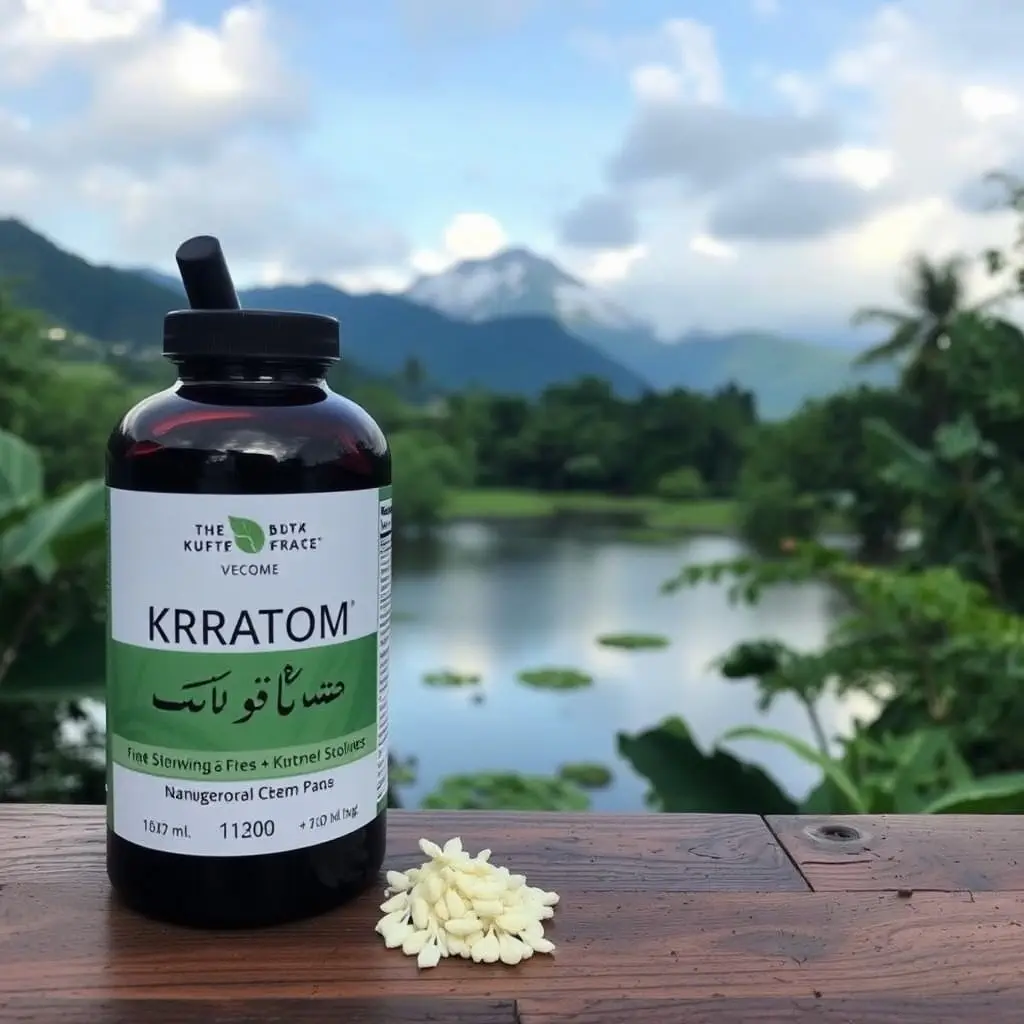Chronic pain management is a global concern, and kratom, a legal herb, offers an alternative solution. Known for its analgesic properties and unique interaction with opioid receptors, kratom can provide natural pain relief. However, its travel legality varies worldwide; travelers must research local laws to avoid legal issues. Even in permitted countries, safe use requires adhering to recommended dosages.
Chronic pain affects millions globally, and effective management is crucial. This article explores kratom—a legal herb gaining attention for its potential in alleviating chronic pain. We’ll dispel misconceptions about kratom’s legality, especially when traveling (can you travel with kratom), and delve into scientific evidence supporting its effectiveness. Additionally, we’ll guide you through the mechanism of action, different strains, and real-world success stories. Learn practical tips for safe kratom travel and managing pain on the go.
- Understanding Chronic Pain and Kratom: A Legal Herb with Healing Potential
- – Definition and causes of chronic pain
- – Misconceptions about kratom and its legal status (can you travel with kratom)
Understanding Chronic Pain and Kratom: A Legal Herb with Healing Potential
Chronic pain is a complex condition affecting millions worldwide, often requiring long-term management strategies. This persistent discomfort can arise from various sources, including injuries, illnesses, or underlying health issues, significantly impacting an individual’s quality of life. Standard treatments typically involve a combination of medications, physical therapy, and psychological support.
Kratom, scientifically known as Mitragyna speciosa, is a legal herb with a growing reputation for its potential in chronic pain management. Often used for its analgesic (pain-relieving) properties, kratom has gained attention as an alternative or adjunctive solution. Travel with kratom is feasible as it is readily available in many countries, making it accessible to those seeking natural options for managing their pain. Its unique chemical composition interacts with opioid receptors in the brain and body, offering a different approach to pain relief compared to traditional pharmaceuticals.
– Definition and causes of chronic pain
Chronic pain is a complex and persistent condition characterized by prolonged physical discomfort that typically lasts for months or longer. Unlike acute pain, which serves as a warning signal to the body, chronic pain continues even after the initial injury or illness has healed. It can arise from various sources such as injuries, infections, inflammation, nerve damage, or certain medical conditions like arthritis, fibromyalgia, and neuralgia. The impact of chronic pain extends beyond physical suffering, often leading to emotional distress, sleep disturbances, fatigue, and reduced quality of life.
Traveling with kratom, a natural herb known for its analgesic properties, has gained attention as a potential management strategy for those dealing with chronic pain. Kratom’s active compounds interact with opioid receptors in the brain and body, providing pain relief similar to opioids but with fewer side effects. However, it’s essential to approach this alternative treatment with caution, especially when considering travel plans. The legal status of kratom varies globally, and regulations differ significantly from country to country. Can you travel with kratom depends on local laws and customs, requiring thorough research and compliance to avoid legal issues or unexpected restrictions.
– Misconceptions about kratom and its legal status (can you travel with kratom)
Kratom, a natural herb derived from the plant Mitragyna speciosa, has gained attention for its potential in chronic pain management. However, there are misconceptions surrounding its use and legal status, especially when considering travel. It’s essential to clarify that kratom’s legality varies significantly across countries, making it crucial for travelers to research thoroughly before packing. While some regions permit the possession and use of kratom for medical purposes, others have strict restrictions or outright bans.
Can you travel with kratom depends entirely on your destination. What may be legal in one country could be illegal in another. Travelers must stay informed about local regulations to avoid legal complications. Additionally, even where kratom is legal, there are guidelines and recommended dosages that should be followed for safe and effective use.
Kratom, a legal herb with potential healing benefits, offers hope for those suffering from chronic pain. While misconceptions about its legal status, including travel restrictions, exist, understanding its origins and effects can empower individuals to make informed decisions regarding their well-being. Remember that navigating chronic pain management is a personal journey, and kratom could be a game-changer for some, providing relief in ways traditional methods may not. Take a dive into the world of kratom guidance for effective chronic pain management tailored to your needs.






